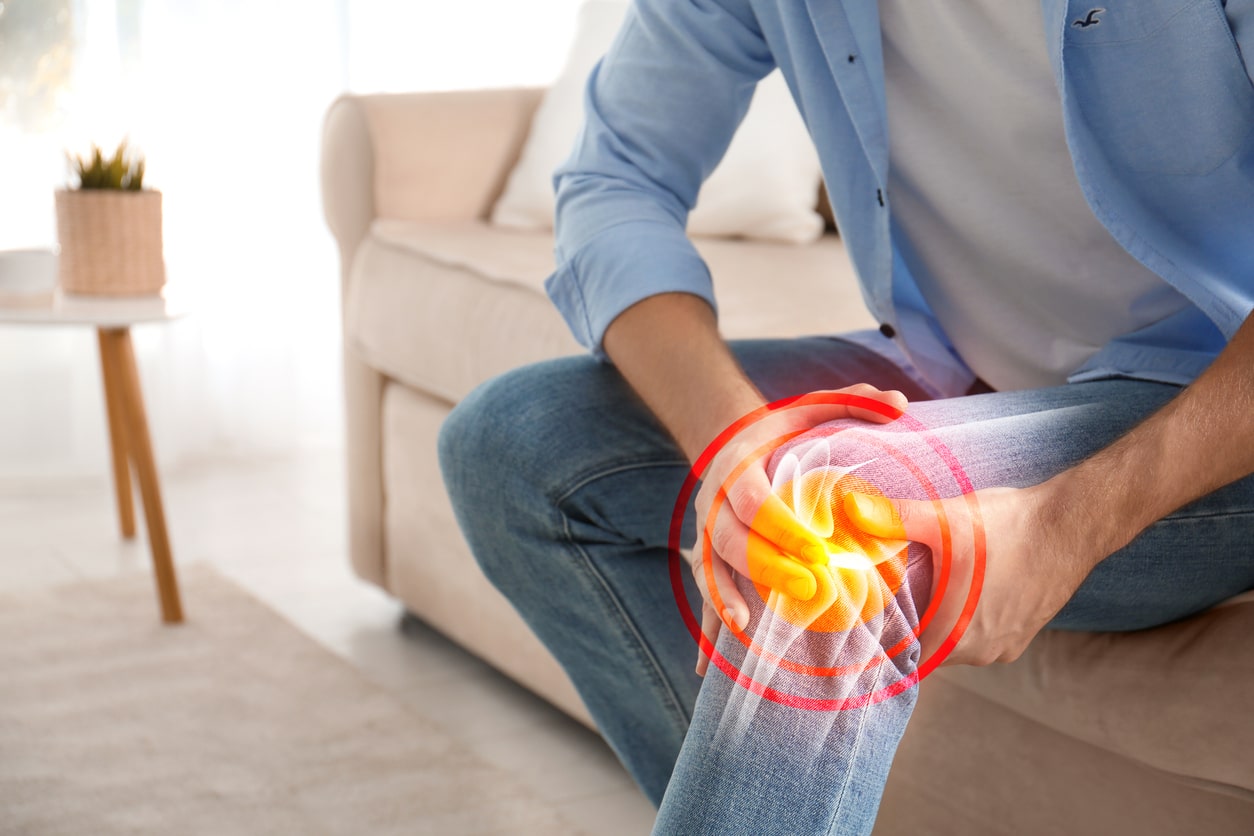“Arthritis” is an umbrella term for a variety of diseases and conditions that cause joint pain and inflammation. While people of all ages can have arthritis, seniors often expect arthritis to occur as they age and when it does, mornings can be especially painful. There are, however, ways to prepare for and overcome arthritis-plagued mornings, if you know which type of arthritis you have and what works best.
The many faces of arthritis
According to the Centers for Disease Control and Prevention article “Arthritis Types”, there are more than 100 different types of arthritis affecting the joints, joint tissues and connective tissues. The most common type of arthritis is osteoarthritis which occurs when joint cartilage breaks down and bones lose their protection.
Different autoimmune diseases also cause arthritis including:
- Rheumatoid arthritis which can be inherited or caused by environmental risk factors such as smoking, gender (women are more likely to have it), obesity, and of age.
- Lupus which can damage any part of the body and is most common in women.
- Fibromyalgia, a condition that causes pain throughout the body as well as mental stress and fatigue.
- Psoriatic arthritis, which occurs in 10% to 20% of people with psoriasis.
Gout is also a type of arthritis that is especially painful and is caused by a buildup of uric acid in the body.
Why mornings are so difficult with arthritis
Arthritis pain and stiffness are often worse in the morning. According to the verywellhealth.com article “Causes of Morning Stiffness From Arthritis,” reasons may include low levels of the hormone cortisol during the overnight hours which limits the body’s ability to control inflammation and the thickening of the synovial fluid in the joints which inhibits movement. Other causes include lack of movement while sleeping, not staying warm enough and forgetting to take medications to ease inflammation.
Tips to ease morning pain and stiffness
Tip #1 – Take the right arthritis medication
One of the easiest ways to prepare for the morning is to take medications before going to bed. The Arthritis Foundation article, “Medications for Arthritis” lists medications that may be helpful including over-the-counter nonsteroidal anti-inflammatory drugs like aspirin, naproxen, ibuprofen, and acetaminophen; corticosteroids which mimic the hormone cortisol to reduce inflammation; disease-modifying antirheumatic drugs or DMARDs; and biologics which are a powerful form of DMARD. Each has its pros and cons and some may work better for different types of arthritis when taken as prescribed by a physician.
Tip #2 – Try bed exercises
When morning brings pain and stiffness, start the day by stretching and exercising in bed. Since inactivity during the night may help bring on arthritis pain in the morning, starting out with simple exercises like those described in the ra.newlifeoutlook.com article, “Six Rheumatoid Arthritis Exercises You Can Do Without Getting Out of Bed,” can help lubricate the joints and increase the blood supply, making movement less painful.
Tip #3 – Heat things up
Heat helps so taking a warm (not hot) shower or bath first thing in the morning can ease arthritis pain and stiffness, especially if it occurs in multiple areas. If the pain is primarily in the hands try soaking them in a sink of warm water and gently massaging each hand while moving the fingers to increase blood supply. If winter is particularly difficult, consider using an electric blanket to warm the bed at night and help soothe stiffness in the morning. For more about treating with heat checkout the arthritis-health.com article, “When and Why to Apply Heat to an Arthritic Joint.”
Tip #4 – Chill out
Like heat, cold may also provide a level of relief because cold helps reduce swelling and pain. Just a bag of frozen peas on a sore knee or holding an ice pack for a few minutes may be just the thing to make moving easier and less painful. For ways to use ice safely, the medicalnewstoday.com article “How do heat and cold help arthritis pain?” is an excellent resource.
Tip #5 – Work out regularly
Overall, exercise is one of the best ways to minimize arthritis pain throughout the day and night. The AARP article, “Taking Aim at Arthritis,” notes that even though working out may seem like a painful idea, strengthening muscles is key to maintaining function so aerobic and resistance exercises will get the heart pumping and build strength and stamina. Strong muscles also help cushion the impact walking has on joints and is important for strengthening bones.
At Ganton’s Countryside, we make wellness a priority for all of our residents so they can make the most of every day. For more information about Countryside, please call Margaret Nagel at (517) 206-5000 or download our brochure to learn about our care levels, cost, and amenities.


